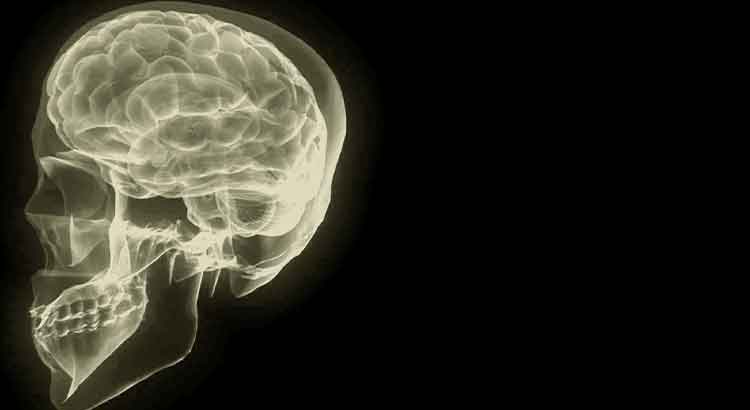The psychological mechanism that is the precursor of disillusionment is one of the most interesting mental faculties ever known. It manifests itself as a need, a natural unconscious tendency to project idealizations onto real entities and situations. In the minds that experience it, all conscious mental activity seems prone to detach itself from the concrete and spontaneously blend with subjective and fanciful tones, creating a parallel reality in which experience is intensified and presented in ideal aspect. Freud, of course, classified what little he understood of this mechanism as mental illness. But if, on the one hand, it contributes to accentuate, if not to produce future unpleasant contrasts between expectation and reality, it should be noted that creativity is entirely dependent on this capacity to attribute fantastic qualities to concrete experience. From the poet who idealizes the beloved woman to the engineer who creates in his mind the impossible, all of them have their inventiveness, and therefore their distinctiveness, originating in this very same mental faculty.
The Psychological Mechanism That Is the Precursor…
